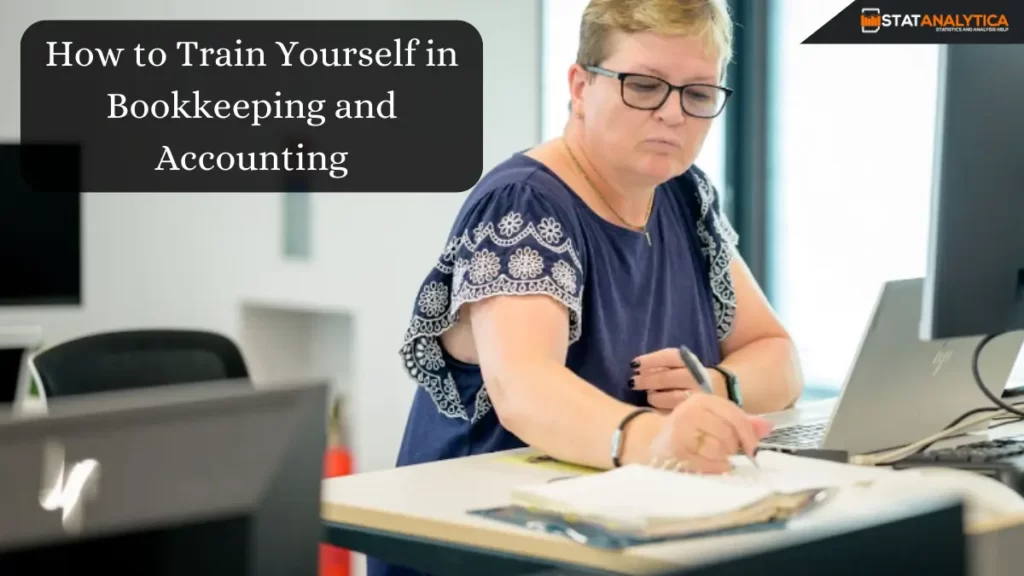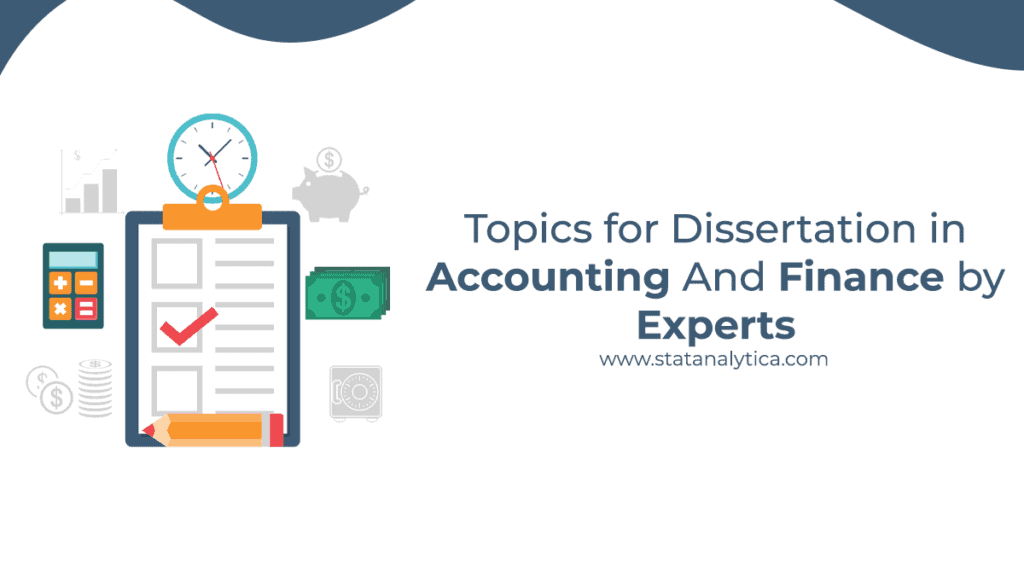Venturing into the world of numbers through Bookkeeping and Accounting can open up numerous doors for you professionally. Familiarity with financial statements, balance sheets, tax laws, and more equips you with skills that are highly sought-after in the competitive job market.
Furthermore, personal financial management has become significantly easier. However, formal education isn’t the only path towards proficiency in these areas, as self-training can be equally effective! This article will look at the best way you can become a great self-taught bookkeeper.
10 Tips on How to Train Yourself in Bookkeeping and Accounting
Table of Contents
From enrolling in online courses to hands-on practice via software use, there are multiple ways to educate yourself. Let’s explore how you can make this self-education journey fruitful.
1. Grasp the Basics
Start your journey by understanding the main elements of bookkeeping, like debits and credits, assets, liabilities, income, and expenses. You must familiarize yourself with financial statements that are used commonly in accounting, such as balance sheets and profit and loss statements.
Lastly, get acquainted with the principles that guide accounting, like consistency, relevance, and reliability. This knowledge will be your foundation before you advance to more complex topics.
2. Enroll in Accounting Courses
Enrolling in accounting courses is one of the most comprehensive ways to learn. Today, there are countless online platforms like Coursera and Udemy that offer a broad range of classes. You can also go to these bookkeeping courses you can take online.
These courses tend to cover everything from beginner topics to advanced subjects. Plus, they often allow for self-paced learning, making them an excellent choice for individuals balancing multiple responsibilities. In time, you’ll be building towards complete proficiency in your area.
3. Use Accounting Software
The majority of businesses today employ some form of accounting software to streamline and optimize their financial operations. Familiarizing yourself with popular options like Quickbooks, Microsoft Excel, or FreshBooks can drastically improve your efficiency and skill set.
Each software has unique features and interfaces, so practice using a variety to broaden your technical prowess. By mastering these tools, you’ll expedite your accounting tasks.
4. Get Certified
While self-training is crucial, enriching your professional profile with recognized qualifications can make all the difference. This might involve getting certified as an accountant. For instance, achieving Certified Public Accountant (CPA) status signals a high level of competency to clients.
A serious and popular approach for CPA qualification involves preparation for CPA with Becker, a respected program designed specifically to help candidates excel in their CPA exams.
5. Follow Blogs and Podcasts
As you progress on your training journey, it’s beneficial to consume accounting-centric content from blogs and podcasts. Many experts in the field regularly share practical guidance and tips.
Plus, they provide holistic views on various topics that could influence your understanding of accounting principles. Tuning into a podcast or following a blog allows for casual yet effective learning, often helping you see things from different perspectives or stay in the know.
6. Create a Personal Budget
Practicing what you learn is crucial in solidifying your skills. An excellent way to do this is by creating and managing a personal budget using accounting principles. This hands-on approach allows you to apply your theoretical knowledge to real-life scenarios you’ll encounter at work.
Developing robust financial habits for personal financing can give you deeper insights into funds management. Therefore, regularly maintaining and updating your budget serves as an exercise.
7. Participate in Online Forums and Communities
The journey of self-training can sometimes make you feel like you are studying in isolation. However, participating in online forums and accounting communities can change this.
Platforms such as Reddit, Quora, or LinkedIn groups abound with individuals exploring the same field, and joining these spaces can lead to meaningful connections. You’ll find peers to share ideas with, mentors who offer advice and shared resources that could help you.
8. Consider an Internship
Implementing what you learn in a real working environment can greatly enhance your training in Bookkeeping and Accounting. An internship with an accounting firm or a bookkeeping client provides this opportunity, letting you apply theoretical concepts to practical scenarios.
You’ll be exposed to the daily responsibilities of an accountant and gain firsthand experience in dealing with financial data. Internships often open doors to learning from professionals, and their insights could prove invaluable on your path to becoming proficient at accounting.
9. Keep Improving Your Math Skills
In the digital age, being adept at math still holds significant value for accountants. It improves precision and assists in understanding numerical data and financial statements more effectively.
Dedicate time to brushing up on basic arithmetic, percentages, fractions, and other mathematical concepts routinely used in accounting. Continued improvement of your math skills will inevitably make tasks like data analysis and forecasting easier and less time-consuming.
10. Stay Legally Compliant
One area of knowledge that’s indispensable to accountants is law. Specifically, a thorough understanding of tax and business laws is essential. Legal compliance ensures the accuracy and integrity of the financial records you’re handling and helps you avoid legal consequences.
Familiarize yourself with tax laws, regulations concerning financial reporting, and standards such as GAAP or IFRS. Non-compliance may lead to fines, penalties, or legal issues.
In Conclusion
As you embark on this educational journey, remember to stay patient and persistent and enjoy each step towards mastering the discipline. A firm understanding of accounts can set you up for dynamic career opportunities or even streamline your personal financial management.

